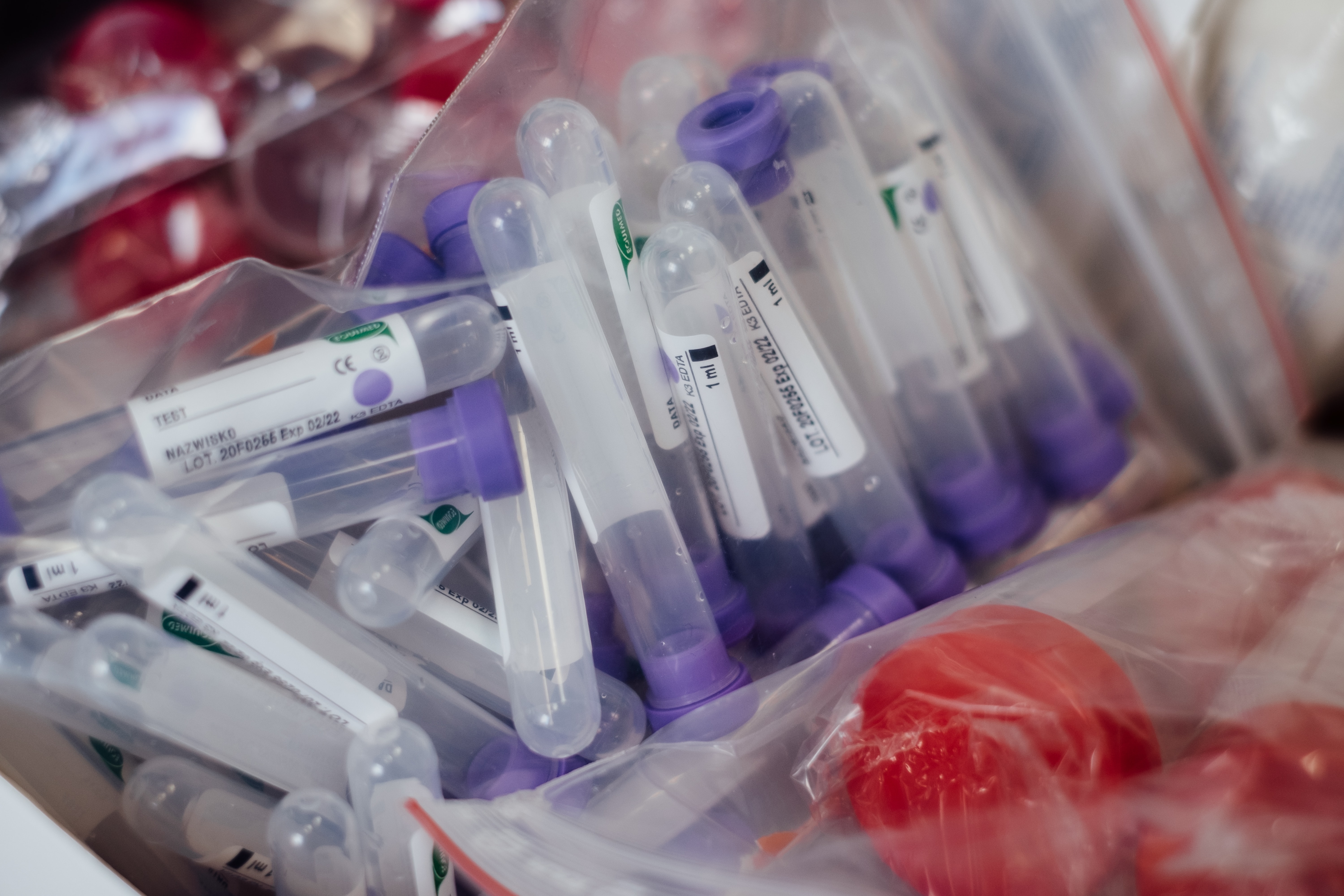
On August 5, 2020, the National Government issued CONPES Document 3999 which is called "Initial response strategy to the effects of the COVID-19 pandemic on public health, households, the productive sector and public finances".
The document compiles the measures taken by the National Government to address the crisis caused by COVID-19. It also sets out the basis for the country's economic recovery, the starting point for which is the implementation of the Sustainable Selective Isolation, Tracking and Testing (Pruebas, Rastreo y Aislamiento Selectivo Sostenible - PRASS) strategy.
The document is divided into the following sections:
1. Introduction.
2. An overview of the history of health crises in Colombia and justification for the existence of public policy in terms of the social and economic impact that the current crisis could have.
3. Logic of non-pharmacological interventions.
4. The country's public health situation, impacts on households and the productive sector.
5. Measures that have been taken to respond to the problems identified.
6. General recommendations to the National Council for Economic and Social Policy (Consejo Nacional de Política Económica y Social - CONPES)
Thus, the main objective of the document is to review the most significant response measures taken by the National Government to face the effects of the crisis generated by COVID-19 and to promote the gradual reactivation of the economy.
On this last point, the strategy of testing, tracing and sustainable selective isolation (PRASS) deserves special mention. The National Government is carrying out an exercise of analysis of the policies implemented by different countries, indicating the existence of solid evidence in favor of the optimality of establishing as a strategy the policies focused on limiting physical interactions and increasing the testing and isolation of infected people in order to simultaneously minimize the number of deaths and the magnitude of economic losses.
Within this framework, the implementation of PRASS is proposed as a transition scheme to boost economic reactivation. This strategy will focus on three fronts:
1. Stabilize an operation that guarantees the highest number of daily PCR tests to maximize the identification of positives, among which are pre-symptomatic.
2. Scale up contact tracing efforts through massive and systematic tracking, in order to reduce the infection rate.
3. Selectively isolate positives and their contacts for 14 days to break the chain of transmission and mitigate barriers to strict compliance with isolation.
Finally, the document includes the strategy to be implemented by the National Government for the acquisition of necessary doses of vaccines to prevent Sars-CoV-2/Covid-19 infection.
In this regard, the country will opt for three alternatives for negotiation:
1. Mechanisms for direct negotiation with the most advanced laboratories in the development of the vaccine
2. Multilateral mechanisms to access a portfolio of potential safe and effective vaccines at a negotiated price through economies of scale.
3. Analysis of possible in-house production strategies for the eventual manufacture and/or production of doses in the territory.
In this regard, it is indicated that the Ministry of Health and Social Protection (Ministerio de Salud y Protección Social) will submit an expression of interest to the multilateral mechanism COVAX (COVAX Facility) through a non-binding letter of intent and will conduct bilateral negotiations with some pharmaceutical companies, with the possible involvement of private actors. In this regard, in a first phase, the country would receive a supply of sufficient doses of vaccines to immunize about 20% of the country's population, as they become available and subject to the success of the vaccines.
See full text CONPES Document 3999